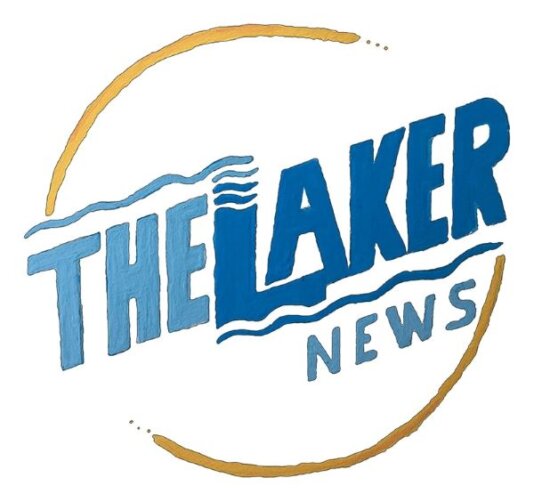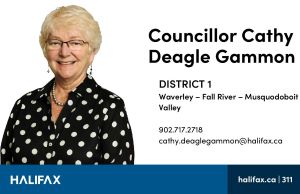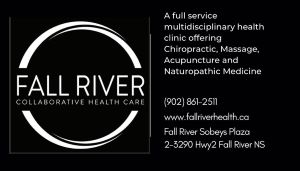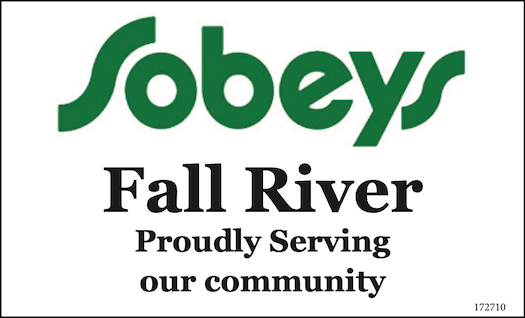ATLANTIC CANADA: A new survey from Breast Cancer Canada indicates that despite this pervasive disease, 48 per cent of Atlantic residents diagnosed with breast cancer felt unprepared when they or a loved one received their diagnosis.
The results are according to The Know More Breast Cancer survey.
In the survey, three-quarters (75%) of Atlantic women feel that they have more to learn about breast cancer and how it could affect them.
On a positive note, two-thirds of Atlantic residents (66%) feel that their doctors are informed with the best or latest treatment information and 58 per cent feel they have experienced the best and latest cancer treatment available, either personally or someone they know.
Table 1: Knowledge and understanding of breast cancer
| Canadians’ knowledge and understanding of breast cancer | National | Atlantic Canada |
| I trust healthcare professionals to properly identify, diagnose and treat cancer | 74% | 65% |
| I feel that my doctors are informed with the best or latest treatment information | 68% | 66% |
| I or someone I know has experienced the best and latest cancer treatment available | 59% | 58% |
Table 2: Women’s knowledge of breast cancer
| Women’s knowledge of breast cancer | National | Atlantic Canada |
| I am not worried about getting breast cancer because it is not common in my family | 26% | 13% |
| I have a family history of breast cancer | 31% | 23% |
| I put off mammograms because of fear or uncertainty | 13% | 14% |
| I don’t think routine mammograms are necessary | 15% | 19% |
| When I or a loved one was diagnosed with breast cancer, I felt unprepared | 87% | 48% |
| I feel like I have more to learn about breast cancer and how I could be affected | 75% | 75% |
Officials with Breast Cancer Canada said that given that breast cancer is a disease that affects us all, these results were concerning.
“These stats tell us that clearly there is an opportunity for Canadians to learn more about breast cancer and how it can affect them,” representatives said in a statement to The Laker News answering one of three questions we sent. ‘An overwhelming number of women felt unprepared when they or a loved one was diagnosed.
“Of course any cancer diagnosis feels earth-shattering, but it tells us that we can make research, and resources, more available so that people don’t feel as afraid when they, or a loved one, receive an unexpected diagnosis. “
Increasing the understanding of breast cancer research starts with making information more accessible. 72 per cent of Atlantic residents were unable to even provide an approximate guess when asked how many known types of breast cancer – astonishingly, there are over 50 types.
Representatives were asked why they think there is a disconnect between Atlantic residents know about the disease, and the latest research available.
In response, they said “In 2021, the World Health Organization (WHO) determined breast cancer is the most diagnosed cancer in the world, but we know that most Canadians aren’t prepared for a breast cancer diagnosis. They have no idea what it means or what’s going to happen,” the emailed response said.
“Most Canadians don’t even know there’s more than 50 different types of breast cancer. Early detection, healthy lifestyle choices, and understanding the various signs of breast cancer are all very important when it comes to identifying your personal risk for breast cancer.
“Additionally, the pandemic has become more of a focus for Canadians. Health concerns have been neglected and put off, Screening and mammogram have declined, and routine medical check ups have been delayed.
“Prolonged delays in necessary health screening, like mammograms, are directly related to the COVID-19 pandemic.
“Delaying screening may lead to delayed diagnoses and significant health consequences, could also increase cancer disparities among women already experiencing health inequities due limitation on access to health care.
Breast Cancer Canada did have a message for Atlantic Canadians to take away from the survey.
“One in eight women will be diagnosed with breast cancer in her lifetime. When you are proactive with your breast health, caring for your breasts doesn’t need to be overwhelming,” the representatives said. “ It’s important to have the knowledge to help you make informed decisions.
“While we cannot prevent breast cancer, we can ensure we have the tools and education to take charge of our breast health.
For more information, please visit breatcancerprogress.ca to learn more.

































